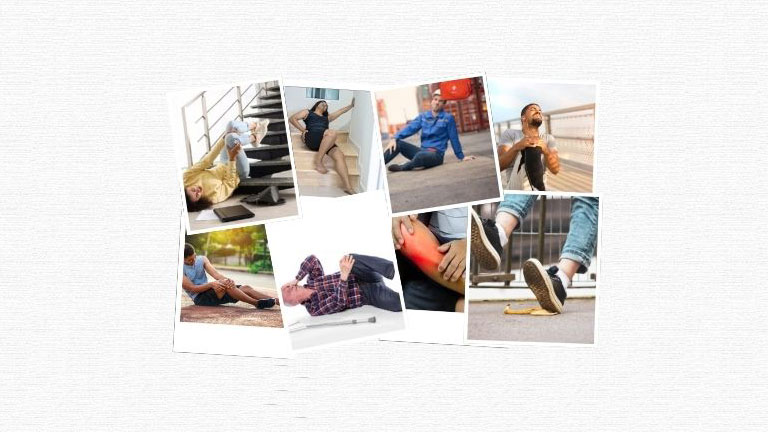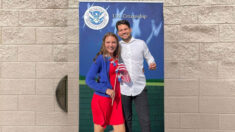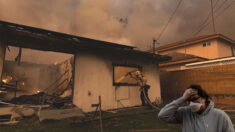
Have you ever wondered how a simple incident like slipping and falling can result in serious injuries? Falling down suddenly while walking on the road or slipping on the stairs at home can happen often, but the damage caused by these accidents can prove to be quite terrible for some people. Even lawyers who specialize in legal matters believe that specific groups are most at risk in slip and fall accidents. In this article, we will know which people are most vulnerable to these accidents and what causes the risk.
Elderly and senior citizens
Imagine that you have an elderly person in your family – like a grandfather or grandmother. With age, muscle strength, bone density, and balance in the body decrease. For example, their bones can easily break when they fall, especially fractures in the hip and spine. According to the World Health Organization, the elderly are most at risk of serious injury when they fall.
You must have heard in the newspapers that elderly people suddenly fell and got injured while cleaning or filling water with a hand pipe. An elderly woman slipped while filling water and died while being taken to the hospital. Due to such painful accidents, lawyers often pay special attention to the safety of the elderly, because even a minor fall can prove fatal for them.
Small children
Do you have small children in your house? It is common for them to suddenly fall while playing in the kitchen or living room. Children are learning to walk, jump from heights, and balance on their hands and feet, due to which they are more prone to falling. For example, three- to four-year-old children often slip while running with toys or climbing up and down the stairs. The bones of children are not yet fully strong, so fractures like “greenstick fracture” are common in them. The bones are half-broken due to incomplete strength. According to the World Health Organization, young children are a high-risk group for falls because they continue to grow and engage in risky behavior. Suppose your two-year-old child is swinging on a swing in the park and slips. He may injure his head or arms and legs. That is why lawyers also say that if you have small children in your house, be cautious and make the floors and stairs of the house safe.
Young and new or inexperienced workers
Is there a new employee in your partner’s or family’s life? Young and new workers are often victims of these accidents. Studies conducted in the US show that young workers aged 16–24 years are twice as likely to be injured due to inexperience and confidence. While learning a new job or in a dangerous environment like a construction site, kitchen, or warehouse, they have difficulty understanding balance. For example, a new worker on a building site may fall on a wet cement surface or a diesel-maintained floor. Lawyers fighting legal cases also ensure that the unfamiliar employee at the workplace gets safety and walking training. If your coworker is just starting out, help him or her learn about hazardous conditions in a new place, as a lack of training can increase the risk of a slip and fall injury.
Health conditions and medications
Some people may be more prone to slipping because of their health problems or medications. For example, problems with the inner ear (vestibular system), diabetes, or neurologic conditions like Parkinson’s can impair balance. In addition, heart conditions like arrhythmia or low blood pressure can sometimes cause dizziness and fainting. In the opinion of lawyers, such patients have an increased risk of injury from slipping because they may suddenly feel dizzy and fall. Similarly, some common medications (such as blood pressure or painkillers) can cause dizziness, blurred vision, or balance disturbances. You may notice that if you are on blood pressure or sleep-inducing medication, it can sometimes make you lose balance. In these situations, lawyers recommend discussing the side effects of medications and the risk of falls with your doctor to avoid harm.
Risk factors
Some things increase the risk of a slip and fall incident. Knowing these can help you be more cautious:
- Side effects of medications: Many medications cause dizziness or blurred vision. For example, blood pressure medications can suddenly drop blood pressure, making your legs weak and making it easier to fall.
- Loss of vision or hearing: If you have poor eyesight or hearing problems, you may be slow to notice nearby hazards. Lack of light at night, with poor vision or hearing, increases the risk of falling on the road.
- Decreased balance and reaction time: Aging or certain neurologic problems can cause muscle weakness and slower arm and leg reactions. If you have weak legs or slower reactions, you may be unable to prevent a slip.
- Environmental hazards: The condition of the floor can also cause slips. Wet floors, uneven or broken surfaces, loose carpeting, and poor lighting can make it difficult to walk. These conditions can make your feet unsteady and increase your chances of falling.
By understanding these points, you can make your surroundings safer, such as by being vigilant about cleaning, watching children play, or supporting the elderly. Remember, lawyers also play an important role in protecting groups that are at a higher risk of accidents from harm. If you think that negligence or lack of care led to an accident, speak with a slip and fall accident lawyer for legal advice that can help ensure your and your family’s safety.


